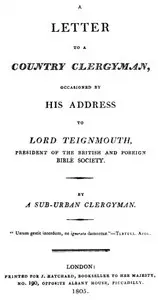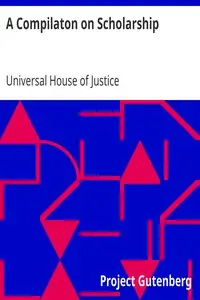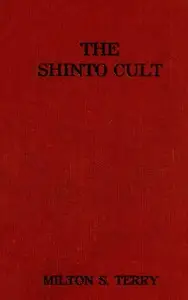"The Promised Day Is Come" by Shoghi Effendi is a theological work written in the late 20th century. The text serves as a clarion call for the followers of the Bahá'í Faith, emphasizing the significance of recognizing the teachings of Bahá'u'lláh and the implications of the turbulent times faced by humanity. It delves into concepts of divine justice, the unity of religions, and the evolution of civilization towards a promised future of peace and reconciliation. The opening of the book establishes a dramatic and urgent tone, portraying a world in turmoil—a tempest that symbolizes both human suffering and a divine cleansing. Effendi emphasizes that the consequences of humanity's actions have led to trials that offer a pathway to a more unified and enlightened society. The narrative foreshadows a period of reckoning that humanity must face, underlining the importance of heeding the messages delivered by Bahá'u'lláh and the Báb. Through vivid metaphors of upheaval and divine expectation, the author urges readers to awaken to the true potential of their faith amidst global chaos. (This is an automatically generated summary.)

The Promised Day Is Come
By Effendi Shoghi
"The Promised Day Is Come" by Shoghi Effendi is a theological work written in the late 20th century. The text serves as a clarion call for the followe...
Shoghí Effendi (; Persian: شوقی افندی; 1 March 1897 – 4 November 1957) was an Ottoman-born Iranian religious figure and the Guardian of the Baháʼí Faith from 1921 to 1957. As the grandson and successor of ʻAbdu'l-Bahá, he was responsible for creating a series of teaching plans that oversaw the expansion of the Baháʼí Faith to a number of new countries, and also translated many of the written works of crucial Baháʼí leaders. Upon his death in 1957, the Hands of the Cause, which included his Canadian wife Rúhíyyih Khánum, took on the role of overseeing the transfer of the religion's supreme legal authority to the Universal House of Justice, which has held elections every five years since 1963.


















